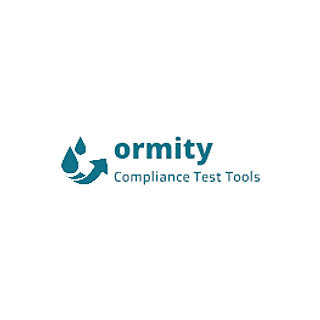Precision in Play: The Vital Role of Quality Sensors in Modern Sports
- Dunel Atlantic
- Sep 20, 2023
- 2 min read
In the rapidly evolving realm of sports, gaining a competitive edge goes beyond athletes' physical prowess; it involves harnessing technology and data for an advantage. Performance tracking and analysis have become integral, powered by data gathered through sophisticated sensors and sensor systems.
The recent article by IEC highlights the crucial role of quality sensors in this landscape. IECQ, the IEC Quality Assessment System, plays a pivotal role in ensuring the reliability and safety of electronic equipment, including sensors. This is especially vital considering the rapid growth of the global sports analytics market, expected to reach a value of around USD 3.78 billion in 2023.
Efficient sensors are at the heart of this transformation, capturing crucial data for in-depth analysis. They need to be reliable, accurate, and adaptable to different sports environments. The IEC, through its technical committees, has developed international standards that guarantee these sensors' optimal performance, even in diverse conditions such as exposure to water or challenging weather during sports events.
IECQ takes it a step further by assessing sensor manufacturers and service providers, ensuring compliance with international standards. Their testing and certification processes are robust, providing consumers with the assurance of world-class quality standards in electronic components, assemblies, and associated materials.
In a world increasingly reliant on data, adherence to IEC International Standards and utilizing tools like IECQ testing and certification is more than a regulatory requirement; it's a competitive advantage. It instills confidence in the performance-analysis industry, ensuring that the data generated is reliable and powered by the precision of quality sensors, giving sports teams a significant edge to clinch victory.
To delve deeper into the role of quality sensors in performance analysis, check out the IEC article that inspired this blog post.





Comments